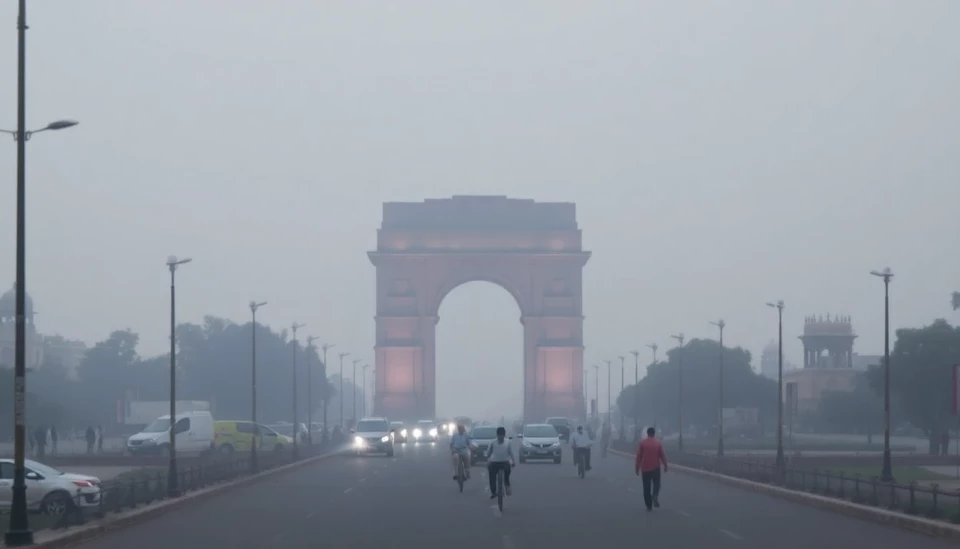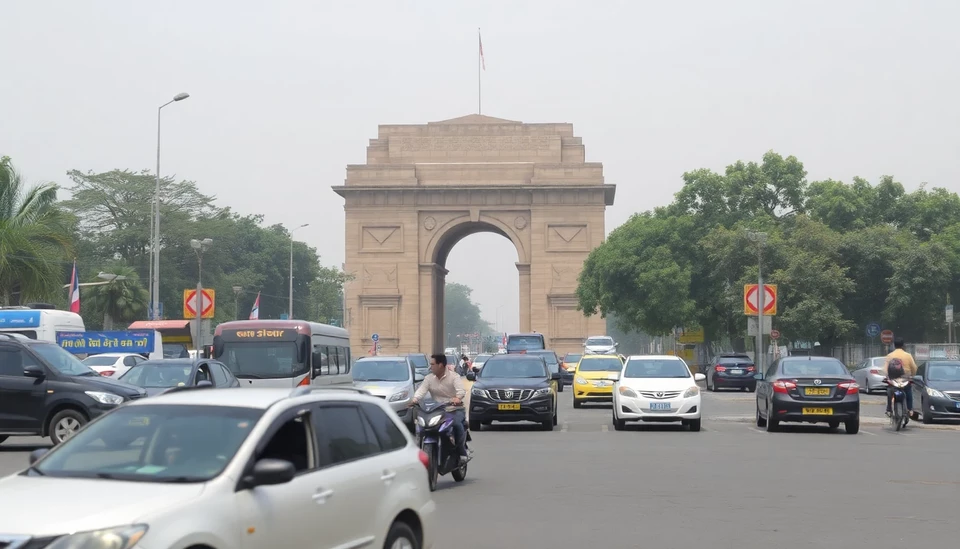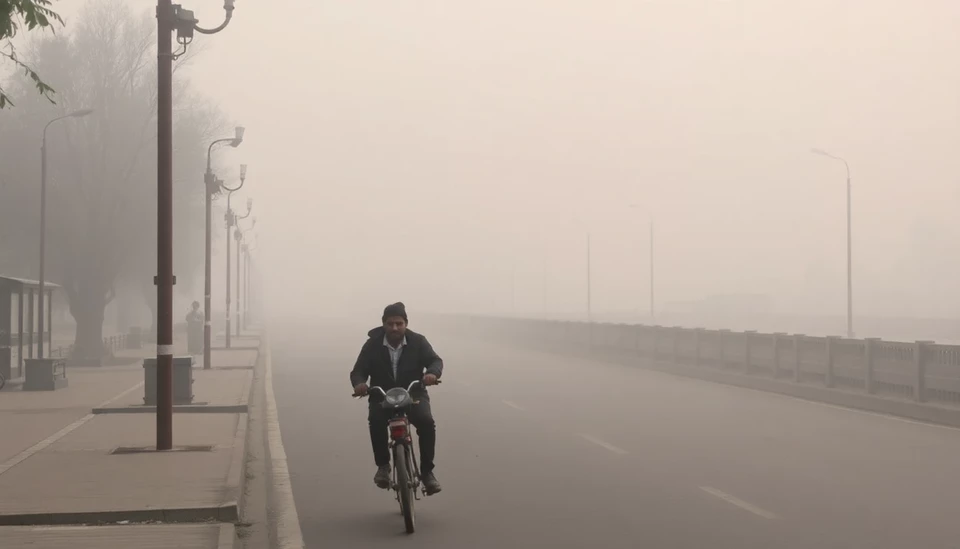
The worsening air quality in Delhi has not only affected the health of its residents but has also become a pivotal issue in ongoing political confrontations between the local state government and the central authorities. Over the past few weeks, the Delhi government has been raising alarms about the record-high pollution levels, which have skyrocketed to a hazardous status, endangering public health and sparking a flurry of political accusations.
As the capital of India grapples with dense smog, largely attributed to stubble burning in neighboring states, vehicular emissions, and industrial discharges, officials in Delhi have pointed the finger at the central government for not doing enough to combat the crisis. The state, led by the Aam Aadmi Party (AAP), asserts that the federal administration has failed to implement significant measures to mitigate pollution, including stricter regulations and targeted actions against polluting industries.
In response, the central government has questioned the Delhi administration's effectiveness in handling local pollution sources, including construction dust and vehicular emissions. Officials have urged the Delhi government to take responsibility for its part in the pollution problem, highlighting that solutions also lie within state jurisdiction. This blame game has intensified the already charged atmosphere, as both sides appear unwilling to share the accountability for the health crisis staggering millions of residents.
The political friction is further complicated by the upcoming elections, with parties eager to leverage public sentiment around air quality to gain political advantage. Critics argue that this toxic political landscape detracts from urgently needed action on air pollution, as focus shifts from implementing policies to scoring political points.
Civil society activists and environmentalists are increasingly vocal about the impact of these political wranglings on public discourse and action. They warn that without a collaborative approach between state and central governments, effective solutions will remain out of reach, leaving Delhi residents battling some of the worst air quality in the world.
The Indian government has promised a series of initiatives aimed at curbing pollution, including the introduction of stricter vehicle emissions standards, promoting green technologies, and enhancing public transportation systems. However, critics question the timeline and effectiveness of these promises, arguing that immediate and decisive measures are needed to protect public health.
As the debate continues to unfold, it remains clear that Delhi’s air pollution crisis has morphed into a battleground for political supremacy, with citizens caught in the crossfire. Public health hangs in the balance, and as smog settles over the city, so does the realization that urgent, cooperative action is imperative to clear the air – both literally and figuratively.
As the situation develops, it will be pivotal to watch how both sides of the political spectrum shift their stances and whether they can eventually come together to tackle the dire issue facing one of the world's most populous cities.
#DelhiPollution #AirQualityCrisis #ToxicPolitics #Environment #PublicHealth #AamAadmiParty #CentralGovernment #Accountability #Pollution #CleanAir
Author: Megan Clarke

